Satellite images confirm yellow-cake facility in Saudi northwest desert
A clandestine Saudi nuclear programme, revealed by whistle-blowers, has been confirmed by satellite images showing a large compound, in a suspicious location in the middle of the desert, a checkpoint, towering security fences, a big building about 150 feet on a side and pools for the collection of uranium waste; a typical blueprint for yellow-cake mills.
In one of its latest reports, The Wall Street Journal, has uncovered a facility constructed in a remote area in Saudi Arabia for extracting uranium yellow-cake from uranium ore. Ironically, the facility is located near a solar-panel production area.
Such undeclared nuclear capabilities in the hands of the KSA are extremely worrying, in light of the abysmal Saudi human rights record, the last thing anyone would wish for is a nuclear armed KSA.
Granted, yellow-cake is critical for nuclear fuel production, however, it is also used for the production of The Bomb. The latter use is the greatest cause for concern, since Saudi Arabia, for all intents and purposes, is run by Mohammed bin Salman. The defacto ruler of KSA is well known for taking extreme, often wild, courses of action even when dealing with simple issues. Issues such as: how to deal with a mild critic like Jamal Khashoggi.
The facility
Western officials are now anxious about an unusual facility located near al-Ula, a small city in the Saudi northwest desert near a solar-panel production area.

Experts interviewed by The Wall Street Journal believe the facility to be one of the undeclared nuclear sites in the kingdom with the capacity to produce uranium yellow-cake.
Randi Nord, Editor-in-Chief, Geopolitics Alert, said it should concern everyone that Riyadh has already produced, or is planning to extract yellow-cake.
“Saudi Arabia is run by a genocidal regime that kills and oppresses people both at home and abroad."
Randi Nord, Editor-in-Chief, Geopolitics Alert
Frank Pabian, a former satellite image analyst at the Los Alamos National Laboratory in New Mexico, recently spotted a desert site that confirms the Journal account. The site has a checkpoint, towering security fences, a big building about 150 feet on a side and pools for the collection of uranium waste; a typical blueprint for yellow-cake mills.
David Albright, the President of the Institute for Science and International Security, asserts the facility is suspicious given its relative isolation in the Saudi desert and its long access road.
Why is the plant a cause for concern?
The problem lies not in the actual plant itself but the fact that it is proceeding behind closed doors, which is suspicious if nuclear fuel is the intended end goal.
Iran has said time and time again, "Come inspect our nuclear energy facilities where our doors are open," and here you have the Saudis not talking about it, openly saying "We want to build the bomb," and then not sharing any details on this very clear nuclear project that's going on behind closed doors. We only really know about it from drone footage, information leaks, and MBS openly stating his desire to build the bomb.
So it's definitely clear that they are nefarious purposes and we shouldn’t trust them with nuclear energy."
Randi Nord, Editor-in-Chief, Geopolitics Alert
How has the US reacted to the revelation?
Despite widespread concern over the non-sanctioned activities, the White House appears quite content and not in the least worried.
In May 2019, a US Congressional Committee issued a report according to which the Trump Administration was allowing American companies to offer Saudi Arabia nuclear technologies without getting non-proliferation guarantees.
After all, Saudi Arabia has a limited safeguards agreement with the International Atomic Energy Agency (IAEA) that does not allow its inspectors to visit whenever they like. For that level of access, a country signs an Additional Protocol with the agency.
Neither Saudi Arabia nor nor Israel has signed onto the IAEA's additional protocols which safeguards against the proliferation of nuclear weapons
How did the Saudi’s develop the technology?
Randi Nord, Editor-in-Chief, Geopolitics Alert, says: "First, I would like to say here that everyone should be very suspicious of the U.S. media's effort to promote the idea that China is the one responsible for helping Saudi Arabia develop its nuclear facilities. The U.S. media is on an anti-China tirade right now and last year the Trump regime approved the sale of nuclear technology and equipment to Riyadh which they're using to construct at least two reactors.
There are also reports over the past two years or so that Israel is contributing to the Saudi nuclear project and we should all question this and bring it to light because it would make perfect sense for the U.S. and Israel to help the Saudi Arabia develop nuclear weapons and then kind of blame it on China who could very well be considering helping them nuclear energy."
Apparently, the Israeli regime's policy of nuclear opacity has set a poor example for the Saudis to follow. The regime is believed to possess 90 warheads, according to the Stockholm International Peace Research Institute.
Satellite photos - taken in March and May of this year - show that the Saudis have put a roof over the reactor all in the absence of IAEA monitoring.
According to Robert Kelley, a former inspector for the atomic agency, “The IAEA is unhappy with Saudi Arabia because they refuse to communicate about their existing program and where it is going.”
It is a matter of trust
William Spring, Peace Campaigner and Political Commentator, clarifies: "The reason it would be a cause of concern is that generally the Saudis cannot be trusted as a democratic congressman said if you cannot trust the Saudis with a bone saw, how can you trust them with something more dangerous like a hydrogen bomb?"
Riyadh has spent years developing its nuclear program with great interest in acquiring skills like uranium exploration, nuclear engineering and even ballistic missile manufacturing.
According to Thomas M. Countryman, “The Saudis see a value in having a latent capability to produce their own fuel and perhaps their own weapons.”
IAEA report on Saudi nuclear ambitions
It is most unlikely that the “Saudis understand that nuclear weapons are a deterrent and not meant to actually be used.” It is even less likely that “the Saudis develop a nuclear weapon and don’t use it.”
They've got away with genocide in Yemen for years now and I don’t see anything stopping them from dropping a nuclear bomb."
Randi Nord, Editor-in-Chief, Geopolitics Alert
In 2019, the IAEA released “Updates on Saudi National Atomic Energy Project,” detailing a Saudi plan for building reactors as well as fueling them through the “localization” of uranium production. According to the document, Riaydh was looking for uranium deposits in its own territory while collaborating with Jordan to make yellow-cake.
How long has it been going on?
Way back in the 1990s, the Saudis financed Pakistan’s project to produce atomic bombs. It does not take a leap of imagination to see where another grave danger is lurking. In fact, as the red flags are being hoisted over the yellow-cake drama, the Saudis may already have possessed the A-bomb without making it themselves.
VIDEO | Indian-administered Kashmir honors Imam Ali’s legacy of justice, leadership
Israel kills female Palestinian journalist based in Gaza’s Indonesian Hospital
US lawmakers demand answers from Biden on Israeli killing of Turkish-American activist
Araghchi: Iran never left negotiation table as its nuclear program ‘peaceful’
Jan. 14: ‘Axis of Resistance’ operations against Israeli occupation
VIDEO | UNRWA’s financial crisis deepens amid support cuts
South Korean President Yoon arrested over failed martial law bid
VIDEO | Press TV's news headlines


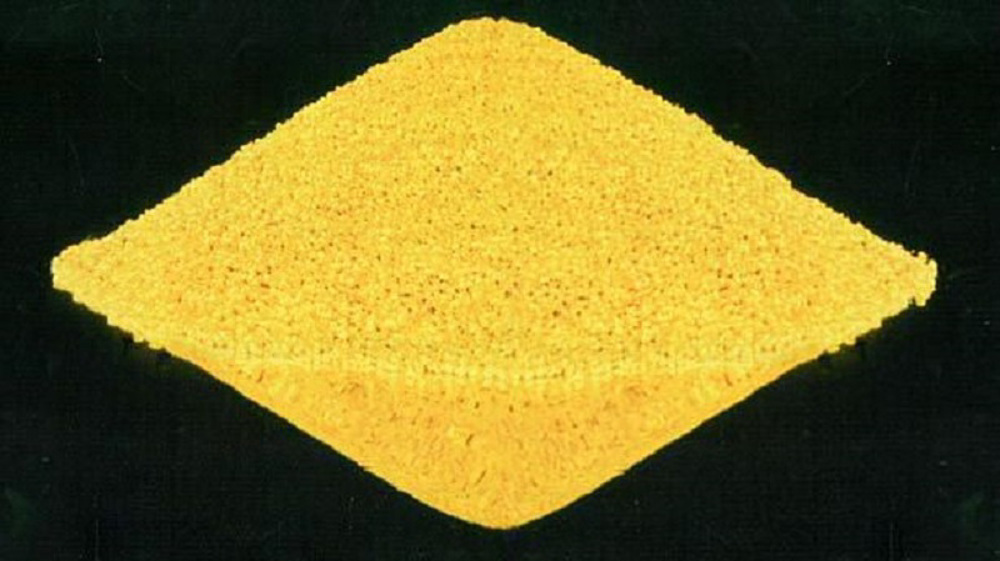






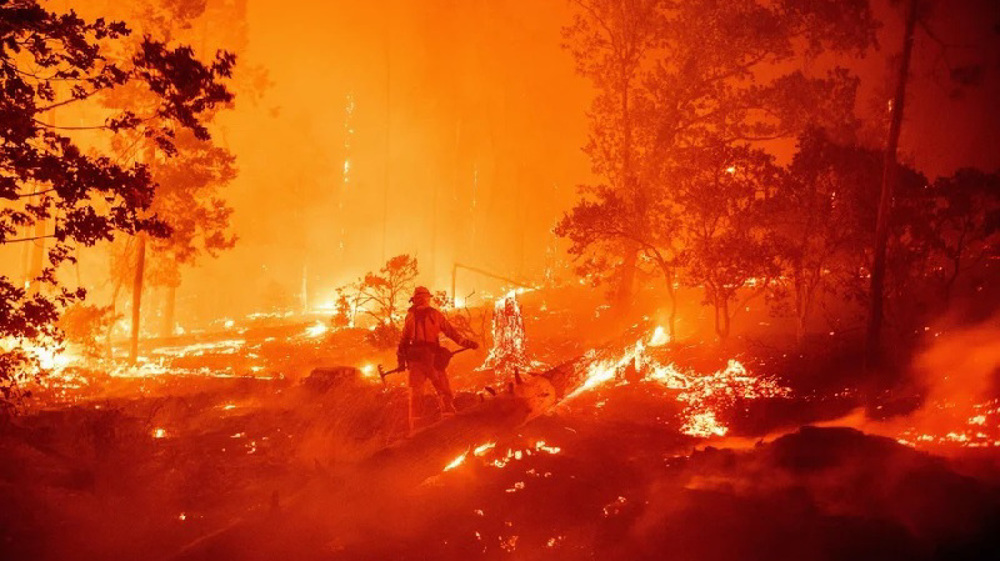
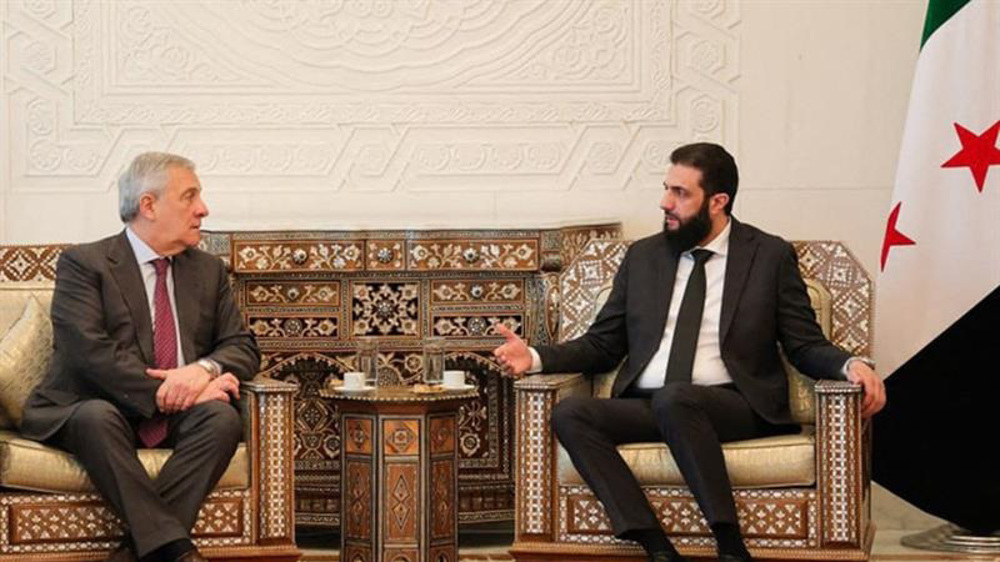



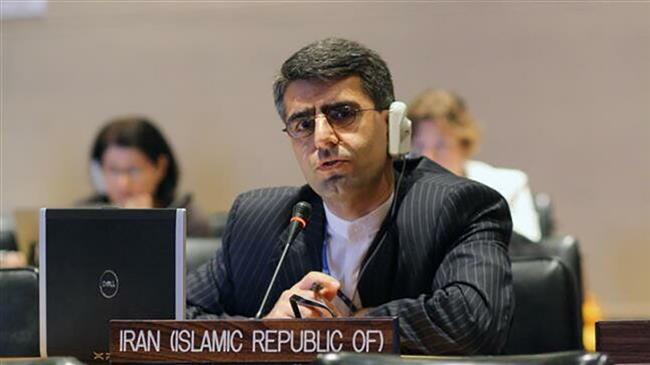
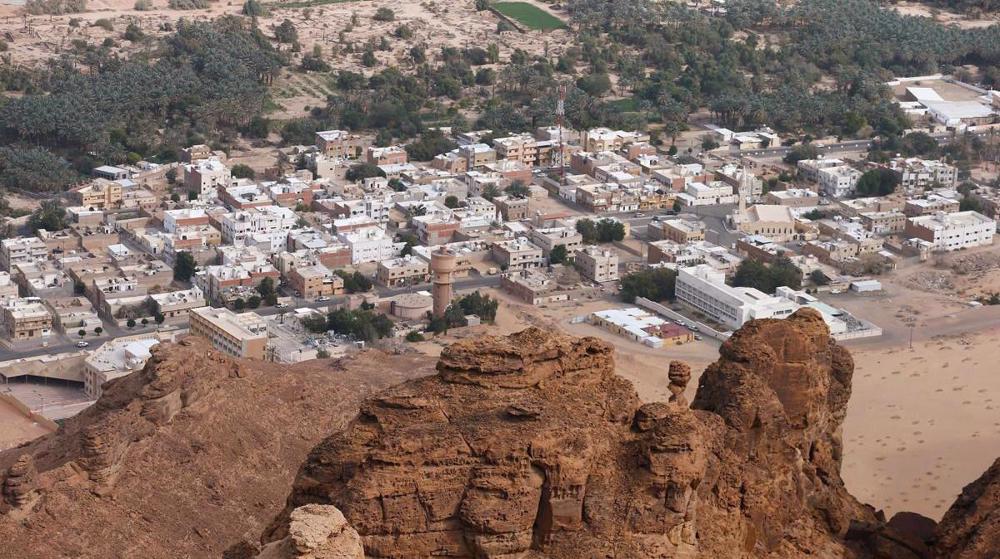
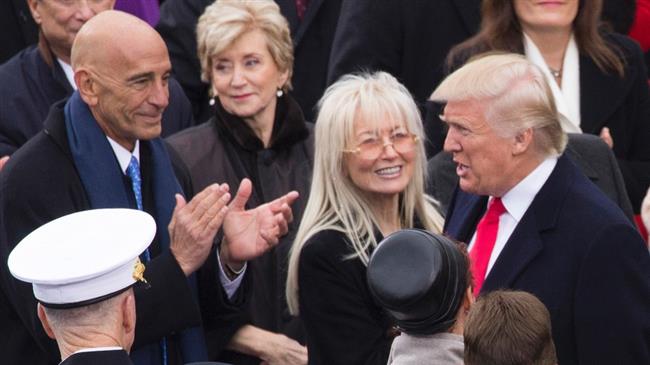
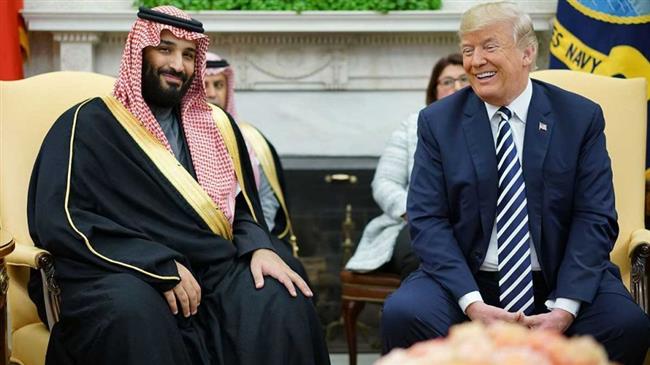
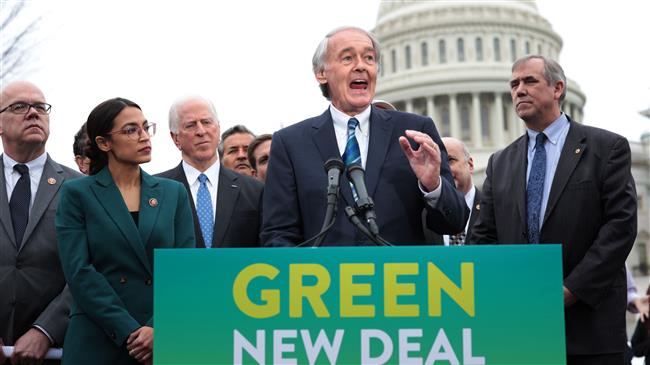
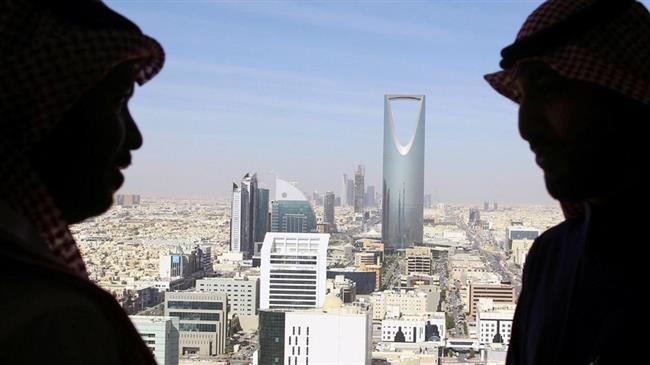
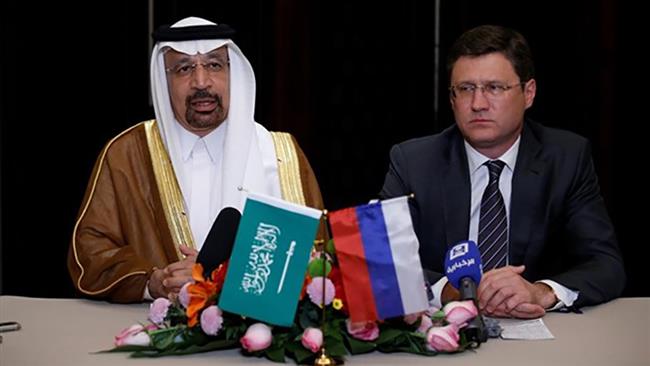

 This makes it easy to access the Press TV website
This makes it easy to access the Press TV website